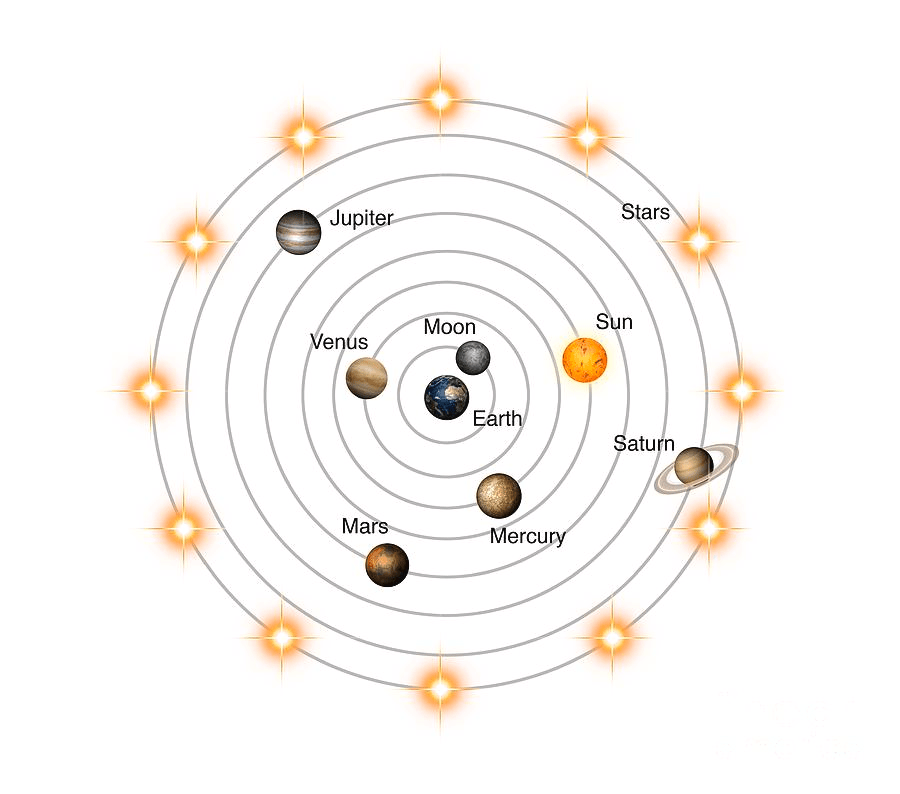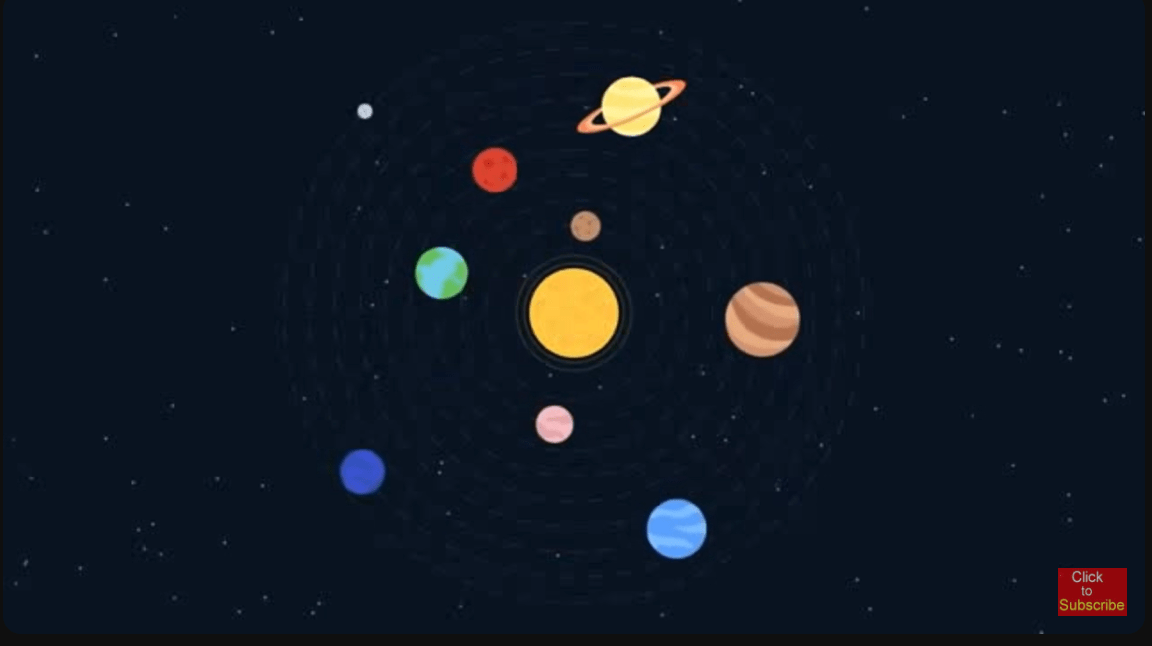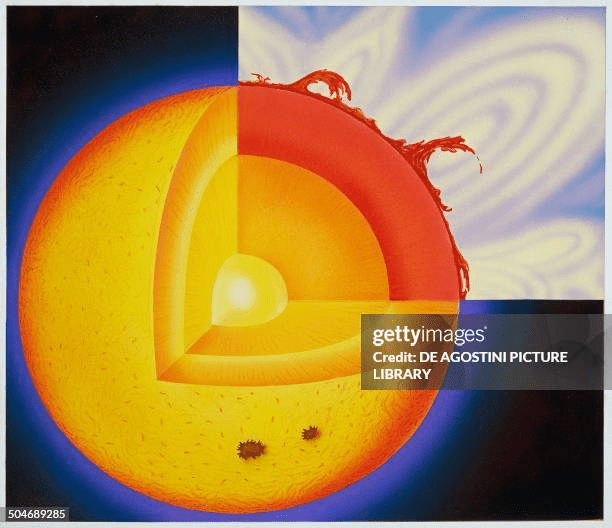The four planets closest to the Sun. They have solid surfaces and are made mostly of rock and metal are called this type of planet
Terrestrial Planets
These two planets are called the Gas Giants
Jupiter & Saturn
This is what type of model of the solar system?

Geocentric
One astronomical unit is the average distance between Earth and this object.
The sun
This term describes how bright a star appears from Earth.
Apparent Magnitude
These two planets have no moons
Mercury and Venus
These two planets are called the Ice Giants
Uranus & Neptune
This is what type of model of the solar system?

Heliocentric
This unit is better for measuring distances between stars and galaxies.
Light-years
This is the central region of a star where nuclear fusion occurs.
Core
This inner planet has liquid water and supports life.
Earth
This planet rotates on its side, with its axis nearly horizontal
Uranus
This force keeps planets in orbit around the Sun.
Gravity
This unit is better for measuring distance within the solar system
Astronomical Units
This outer layer of a star is visible and emits light.
Photosphere
This planet has no atmosphere, causing extreme temperature changes between day and night.
Mercury
This planet has the most moons in the solar system.
Saturn
The solar system is made up of planets, moons, asteroids, comets, and this belt of icy bodies beyond Neptune.
Kuiper Belt
Mars is about 1.5 AU from the Sun. This means it is farther from the Sun than this planet.
Earth
This color represents cooler stars.
Red
This planet rotates so slowly that its day is longer than its year.
Venus
This planet is known for its deep blue color and strong winds.
Neptune
Pluto is classified as this type of Celestial Body.
Dwarf Planet
If a galaxy is 2 million light years away, the light we see from it today left that galaxy this long ago.
Which inner layer of the sun transfers energy through convection?

Convective Zone